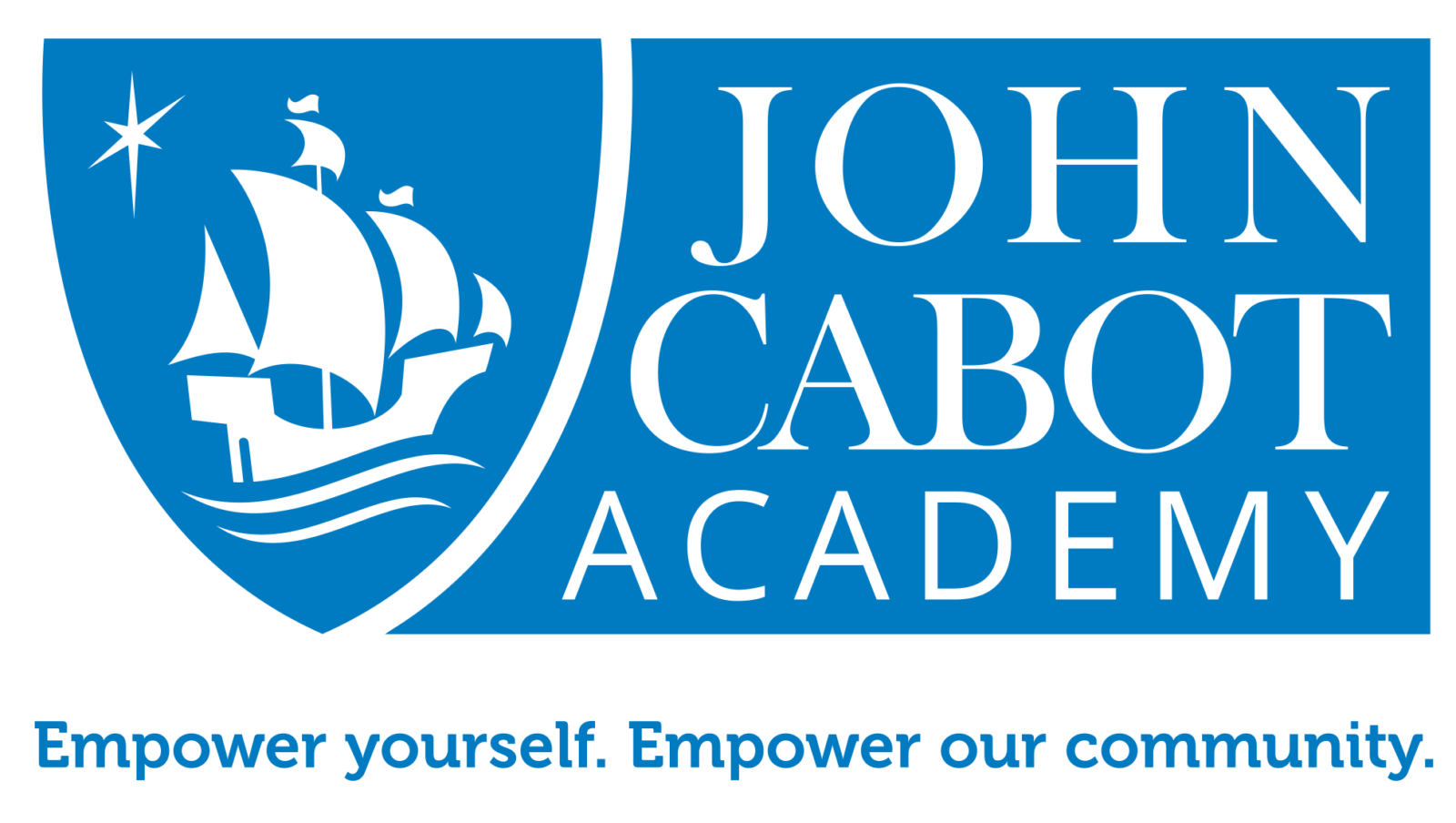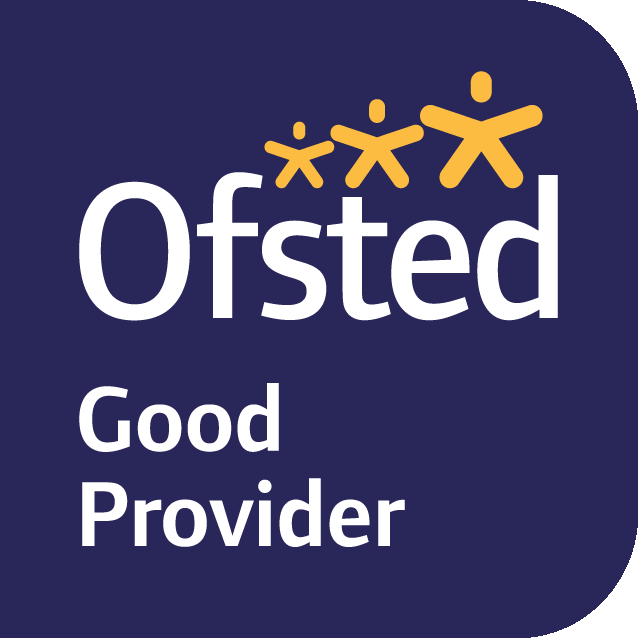English
Subject Quest
We believe that English is the essential subject for life. It prepares young people for the world they are in presently and the world that awaits them. We believe we can achieve this by making students fluent readers and by equipping them with knowledge and skills, building a competency in English which will open the next door in life for them. But more than this, we know we can offer the opportunity to acquire word power and arm them with the skill of rhetoric and grammar, producing great orators who can address any audience and take part in the conversation of humankind. We also aim to build confidence, telling our students that their voice matters, that they belong, that the zenith is possible!
We believe that the study of English Literature offers a window into others’ lives, where students can contemplate their likeness and difference. As a result, students can feel less alone, feel inspired even. Our curriculum demonstrates the capability of humanity – the virtuous and the iniquitous – and, because of this, it is edifying; it also helps our students to develop a critical lens, to think more deeply about the world they inhabit. Through encountering a myriad of characters, themes and ideas, it helps young people to learn – perhaps even before they experience a situation themselves. It accelerates maturity, encourages empathy and it empowers young people by giving them self-agency: the ability to make the right choices in life. This is true of English Language, too. We aim to make our students adept readers so that in a world of fake news, they have the skills to assess the authenticity of material, able to differentiate between fact and fiction.
The diversity in our curriculum allows our students not only to appreciate our English heritage and the English cannon but to also travel across continents, across centuries, encountering authors from a range of different backgrounds and cultures. Through this rich exposure, we aim to build a sense of belonging amongst our students. We want all students to know that the study of English is for them. Our subject also allows our learners to travel across galaxies where they can contemplate their possible futures – sometimes, too, it presents a portal into magical realms and the world of humour, good for their well-being.
We wish to immerse students in our subject; to cherish it, to recognise the beauty in prose, poetry and drama that has the power to change us. We also wish to enliven students’ imaginations, inspiring creativity. Simply, we believe that English can make our students better humans and can be used to better the world in which we all live. It is the most wonderful subject!
Curriculum Rationale
At KS3, we aim to build upon students’ prior knowledge gained at KS2, such as capitalising upon the grammatical and syntactical knowledge needed for writing. Because primary schools do not take an historicist approach to literature, we aim to introduce this to our students, revisiting core concepts to help students build schema overtime. We select texts carefully, using them as vehicles, so that students learn the requisite knowledge by the time they reach their English GCSEs. We utilise oracy so that we not only improve students’ academic attainment, but we also develop our students’ confidence. Responding to need, we adapt our practice so that all learners at JCA can thrive. Our curriculum is an evolving project and, as such, the key changes this year are as follows:
We have introduced the novel Some Places More Than Others by Renee Watson (replacing Trash by Andy Mulligan) in our Telling Tales Unit in Year 7. We have done this because we feel Some Places More Than Others – as a bildungsroman – is a better bridge to the study of Great Expectations later in the unit. It also more successfully fulfils our commitment to EDI (Equality, Diversity and Inclusion) as it is written by a black author.
For the same reason as above, we will be introducing the play Face by Benjamin Zephaniah in Year 8, which sees the study of Romeo and Juliet moved to Year 9.
In Year 10 and Year 11, the curriculum is interleaved. This is because we recognise how Literature and Language complement one another and so rather than teaching them separately, we plan the sequence of learning carefully to strengthen students’ knowledge and skills. Of course, nearer the assessment points, our students are equipped with explicit teaching of exam strategy so that they can thrive and achieve their potential.
Link to KS4 spec
Curriculum plan



